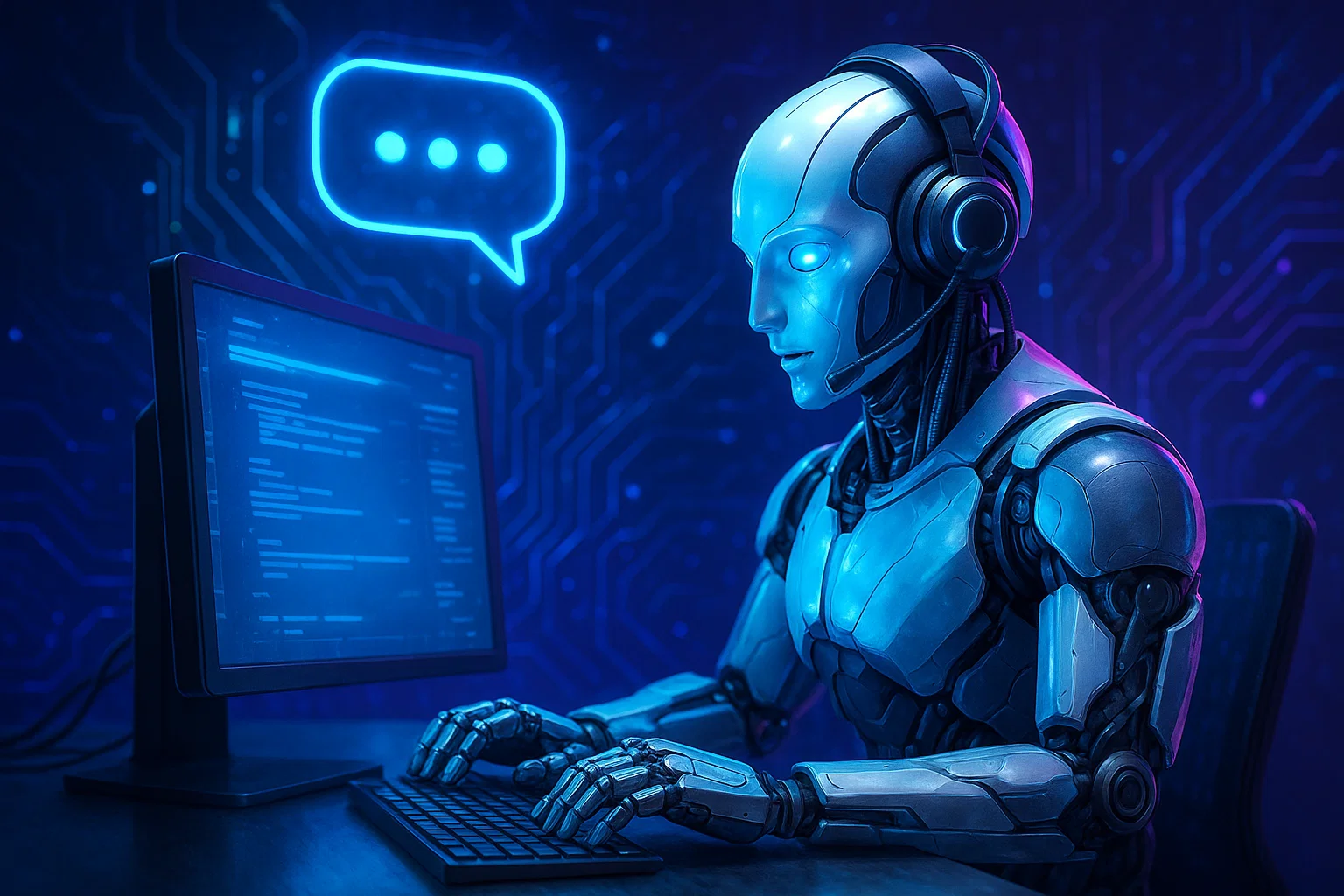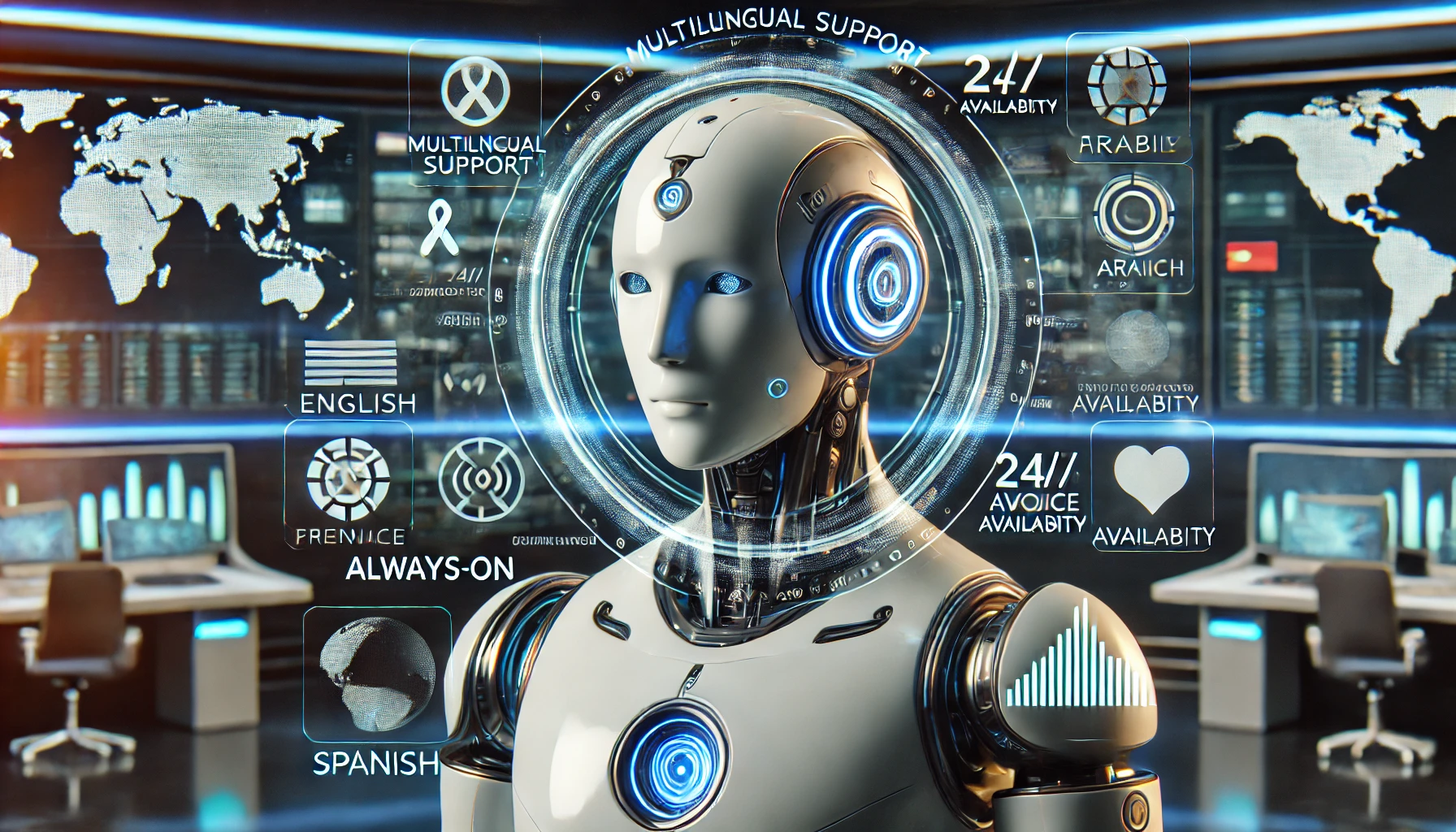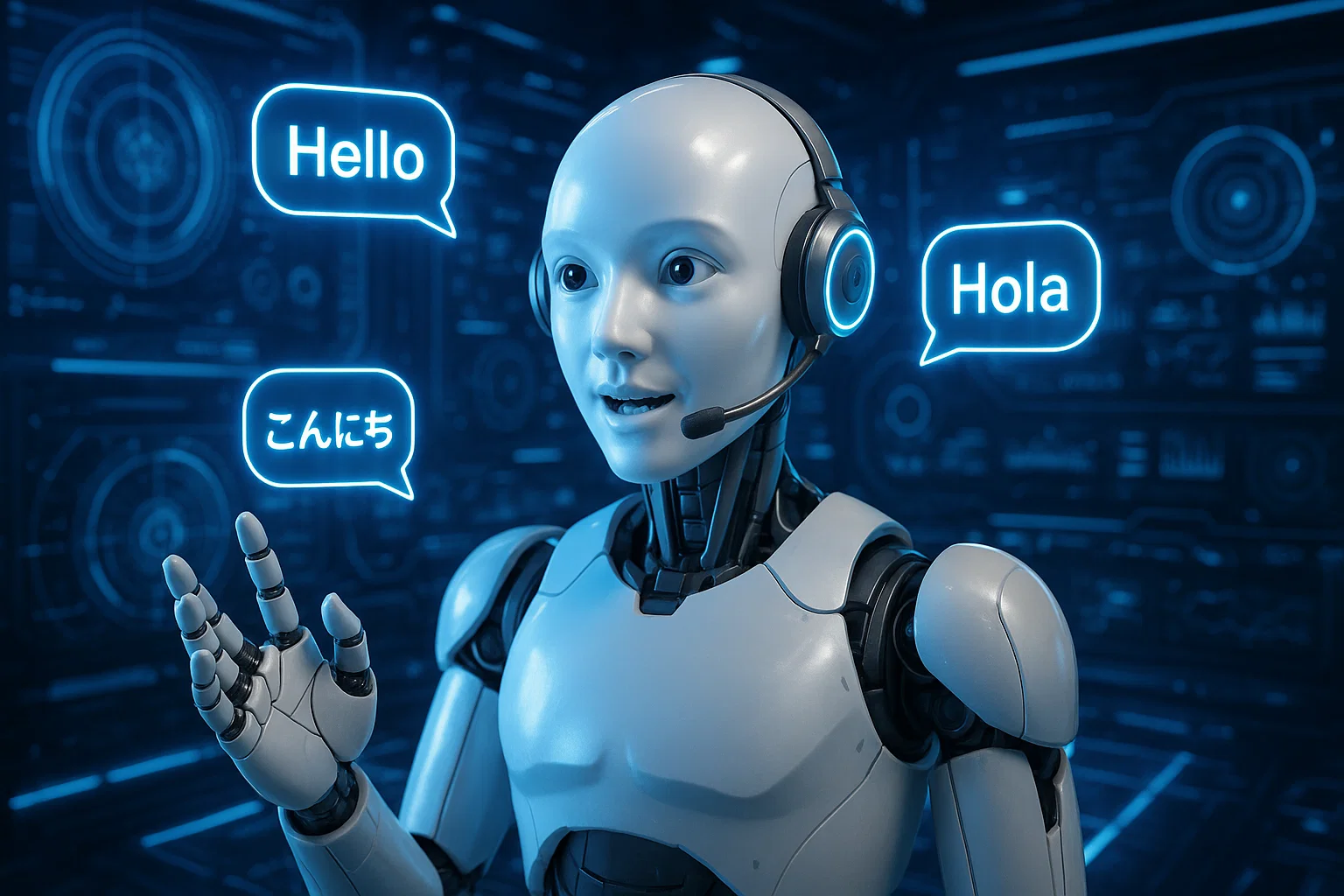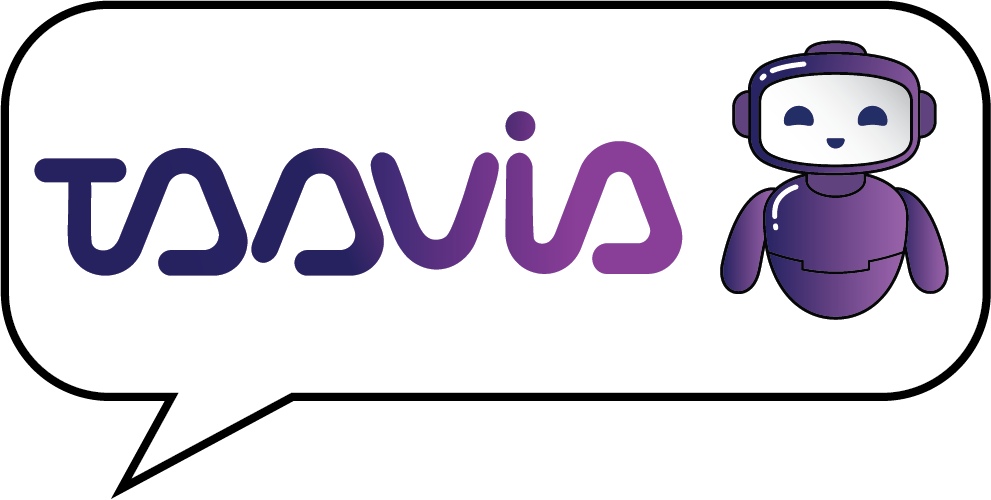In today’s fast-moving world, we expect instant answers—whether it’s solving a problem, finding a product, or getting quick information. AI assistants like Taavia, powered by ChatGPT, meet this demand by delivering fast, accurate responses anytime. They’re transforming how we interact with websites and businesses by making information more accessible and support more efficient.
What is an AI Assistant?
An AI assistant is a type of software that uses artificial intelligence to understand and respond to user queries. These assistants can carry out simple tasks, such as answering questions or providing information, but they can also help with more complex interactions, like troubleshooting technical problems or offering personalized recommendations.
AI assistants like Taavia use technologies like natural language processing (NLP) and machine learning to understand human language. That means they don’t just respond with pre-written answers; they can understand the context of your question and tailor their response accordingly. This ability to engage in more natural, human-like conversations is what sets AI assistants apart from older, rule-based systems.
The beauty of these assistants is their flexibility—they can interact with you through text or voice. Whether you’re typing a question into a chat window or speaking directly to the assistant, AI systems like Taavia are capable of understanding and providing answers instantly, making the experience feel seamless and intuitive

Instant Answers for an Instant World
One of the biggest benefits of AI assistants is their ability to give you an answer right when you need it. We live in an age where instant gratification has become the norm, and AI assistants deliver on that expectation. No more waiting in line or navigating complicated phone systems to speak to a customer service agent. AI assistants can process your question and respond almost immediately, ensuring you get the information you need without delay.
Let’s say you’re shopping online and have a question about a product’s availability. Instead of waiting for a response from a human agent, you can ask the AI assistant, and within seconds, you’ll have your answer.
What makes this even more powerful is the fact that AI assistants are programmed to handle large volumes of questions at once. They don’t get tired, and they’re always ready to help. Whether you’re looking for basic information or something more specific, AI assistants like Taavia can provide quick, reliable answers, freeing up your time and energy.
Enhancing User Experience with Personalization
Another critical aspect of AI assistants is their ability to deliver personalized experiences. By analyzing user interactions and understanding context, AI assistants can tailor their responses to meet the unique needs of each user. Personalization is key to providing an engaging and valuable experience that keeps users coming back.
For instance, Taavia can learn from past interactions and adjust its responses based on user preferences. If a user asks about a specific topic multiple times, Taavia can prioritize that topic in future interactions, providing even more relevant information. Additionally, by integrating with user accounts or websites, AI assistants can offer customized recommendations or solutions based on user behavior, preferences, and history.
Personalization not only helps users get more accurate answers but also fosters a sense of connection and engagement. When users feel like an AI assistant understands their needs and preferences, they are more likely to trust the system and rely on it for future inquiries.

Why Businesses Love AI Assistants
For businesses, AI assistants aren’t just a luxury—they’re a game-changer. By integrating an AI assistant like Taavia into a website, companies can improve efficiency, reduce costs, and enhance the overall customer experience. Here’s why:
- Available 24/7: AI assistants don’t need sleep, breaks, or vacations. They’re always available to assist, no matter the time of day. For users in different time zones or those browsing at odd hours, this means they can get the help they need whenever they need it, without delay.
- Cost-Effective: While human agents are invaluable for handling complex issues, many customer service tasks are repetitive. AI assistants can take care of these routine inquiries, freeing up human agents to focus on more complex or personalized support. This can significantly reduce operational costs and improve efficiency.
- Consistent and Reliable: We all know that human beings are prone to error, and sometimes, customer service agents might give inconsistent answers. AI assistants, however, are programmed to provide the same answer every time, ensuring that users always get reliable and accurate information.
- Scalability: As businesses grow, so does the volume of customer inquiries. AI assistants can easily scale to handle larger numbers of interactions without the need to hire additional staff. Whether your website gets 100 visitors a day or 10,000, the AI assistant can manage it all.
- Improved User Experience: Nothing frustrates a customer more than waiting. With AI assistants, users can get answers instantly, without needing to wait on hold or send an email. This instant gratification leads to happier customers and a better overall experience with the business.
- Multilingual Support: AI assistants can be programmed to understand and respond in multiple languages. This is especially helpful for global businesses that need to support customers from different countries. It’s a great way to ensure that language barriers don’t get in the way of providing top-notch service.

AI Assistants: The Future of Customer Interaction
We’re only beginning to scratch the surface of what AI assistants can do. As artificial intelligence continues to advance, these systems will only become smarter and more capable. In the future, AI assistants may not only provide answers—they could anticipate your needs and provide solutions before you even ask.
Imagine a future where AI assistants can engage in full conversations, picking up on nuances, emotions, and even the tone of your voice. They could offer empathy, comfort, and understanding, making them feel even more human-like. With the integration of emerging technologies like augmented reality (AR) and virtual reality (VR), the potential for AI assistants to create immersive, interactive experiences is limitless.
For example, an AI assistant might guide you through a virtual store, providing product recommendations and answering questions in real-time. Or, if you’re using a virtual meeting space, the assistant could help you schedule events, answer questions, and even offer advice on how to improve your virtual environment.
The future of AI assistants isn’t just about answering questions—it’s about creating more engaging, intuitive, and personalized experiences that help people meet their needs more efficiently and effectively.
Conclusion
AI assistants like Taavia are more than just cool technology—they are revolutionizing the way we interact with websites, businesses, and each other. By providing instant, accurate answers, they help users save time and get the information they need right when they need it. These assistants don’t just answer questions—they understand users, learn from past interactions, and provide personalized experiences that feel human.
For businesses, AI assistants are a valuable tool that can improve customer satisfaction, reduce costs, and provide reliable support around the clock. As AI technology continues to evolve, we can expect even more powerful, intuitive, and helpful assistants that will redefine how we engage with technology.
In the end, AI assistants like Taavia are not just transforming customer service—they’re making the digital world more connected and more efficient than ever before.
